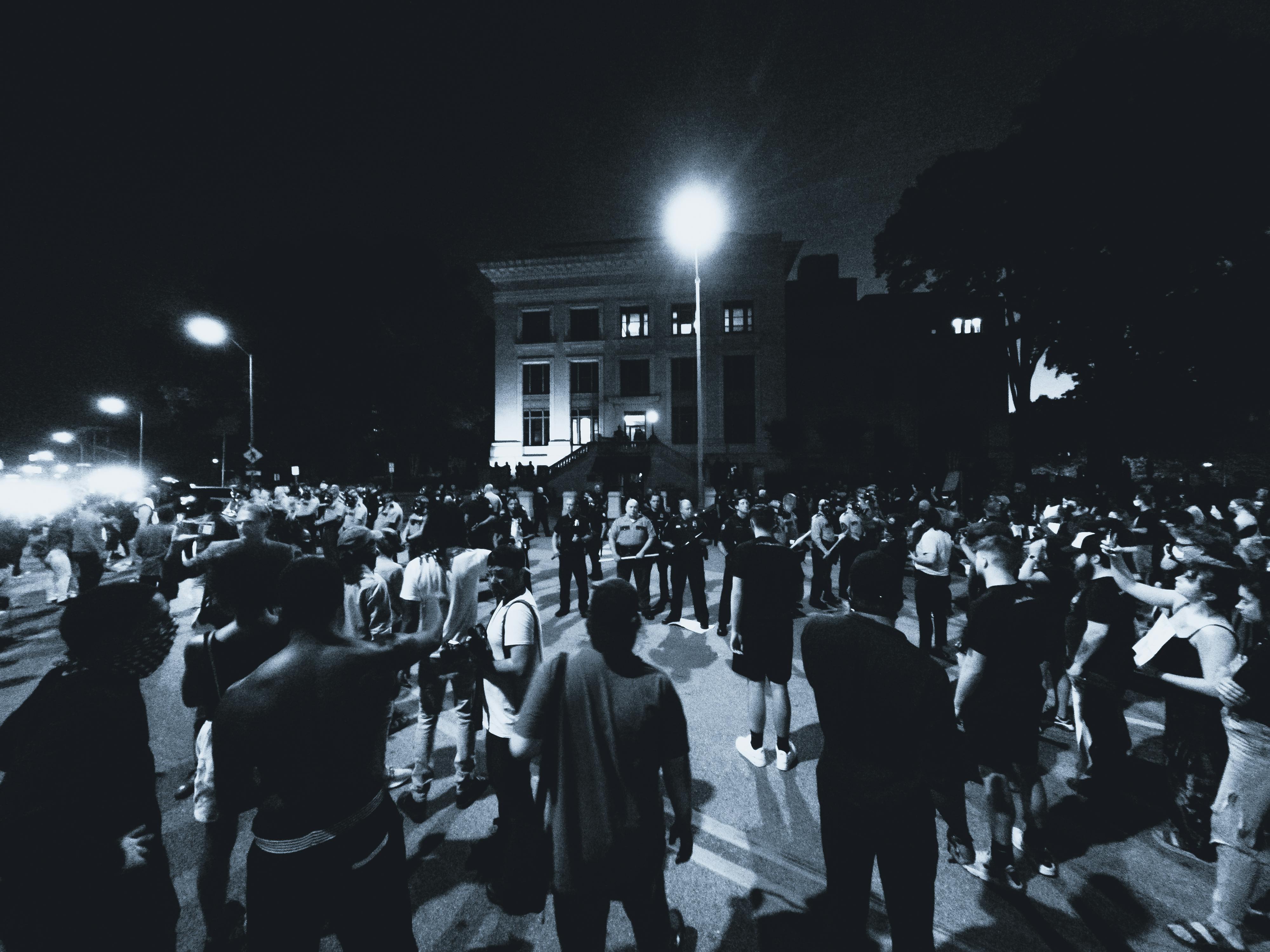Jihaz (dowry) or trousseau is the amount of clothing, household linen, furniture and other belongings contributed by the bride and/or her family to the marriage. It is to be distinguished from the mahr, which is an agreement between the bride’s wali (guardian) and her future husband whereby the groom pays a certain sum of money or its equivalent to the bride at the time of signing the contract. of marriage. The mahr is an obligation of the groom stipulated by the Qur’an to be given to the future wife, while the jihaz is not an obligation on the part of the bride or her family. (For more information on the agreement mahr.
Jihaz is also not nafaqa (support), because nafaqa is the material support that the husband gives his wife as soon as the marriage is consummated. The nafaqa covers the wife’s clothing, food and shelter. (For more information on the nafaqa.
In the Middle East, as elsewhere, brides are often given clothes and home furnishings by parents or family members when they embark on marriage. There is no obligation in Islamic Shari’a to observe jihaz, however, in most cases, brides bring jihaz to their homes once they are married.
Consequently, the groom cannot force his future wife to bring the jihaz as part of the household, and if his family is asked to contribute such jihaz, they can refuse the demand.
Once the jihaz is given to the bride, it becomes her property. Her family cannot claim it as part of her estate unless the jihaz was given as a bride loan agreement. Under such circumstances, they can demand the return of the jihaz.
The groom cannot claim the jihaz, unless it has been bought by the bride or her family, with money given by the groom as part of the mahr deal, where the jihaz becomes mahr and thus belongs to the groom.
The father of the bride may have a legal agreement with his daughter stating that certain pieces of the jihaz she took with her when she married were actually on loan and thus reverted to her family upon her death. Otherwise, the jihaz is considered private property of the bride and becomes part of her estate.
The jihaz contributed by the bride and/or her family supports the idea that she marries as an empowered person. Marriage arrangements in the Middle East involving jihaz predate the rise of Islam.
There is no provision in the Islamic Shari’a that prohibits the exercise of the right of women to contribute jihaz in their marriages. In fact, under Islamic law, married women have legal rights to share in family wealth. They may own property or be named the beneficiary of religious waqf (endowment) assets.
The author hereby grants the republication and reprint of this article.
